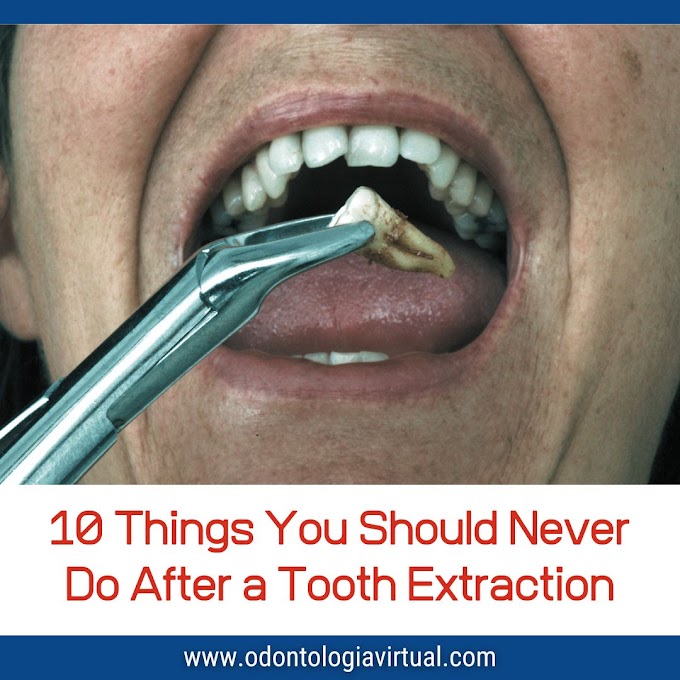While many HPV infections resolve spontaneously, persistent infection with high-risk HPV types can lead to serious health complications, including precancerous lesions and cancers of the cervix, oropharynx, anus, and penis.
In recent years, growing evidence has linked HPV to oral and oropharyngeal cancers, making awareness and early detection critical not only for patients but also for healthcare professionals, including dentists, who often serve as the first line of defense.
Oral Signs and Symptoms of HPV Infection
HPV-related lesions in the oral cavity can be subtle or mimic other common conditions. Some warning signs include:
★ Oral warts or papillomas: small growths or cauliflower-like lesions on the lips, tongue, or palate.
★ Persistent white or red patches (leukoplakia or erythroplakia) that do not resolve.
★ Non-healing ulcers lasting longer than two weeks.
★ Unexplained pain, difficulty swallowing, or changes in speech.
★ Lesions that bleed easily or recurrent sore throats.
Dentists and physicians should carefully evaluate any suspicious oral lesion and refer for biopsy if necessary.
Prevention Strategies
1. HPV Vaccination: The most effective tool against HPV-related diseases. Recommended for both males and females, ideally before exposure to the virus (ages 9–14), but also beneficial in adults up to age 45.
2. Safe Sexual Practices: Consistent use of barrier methods (condoms, dental dams) reduces the risk of transmission.
3. Routine Dental Check-ups: Dentists can identify early lesions, improving chances of successful treatment.
4. Oral Hygiene and Healthy Lifestyle: Avoid tobacco, limit alcohol consumption, and maintain good oral health to lower the risk of malignant transformation.
The Role of Dentists and Physicians
★ For patients
Educate them about HPV risks, encourage vaccination, and stress the importance of early evaluation of oral lesions.
★ For professionals
Stay updated on HPV-related oral pathology, utilize adjunctive diagnostic tools, and collaborate with medical specialists for multidisciplinary care.
Key Takeaway
HPV is not just a gynecological concern—it is a public health issue with direct implications for oral health.
Early detection, vaccination, and prevention are vital. If you notice unusual oral lesions or symptoms that persist, consult your dentist or physician promptly.













